UN urges ‘foreign’ players to stop ‘meddling’ in Libya conflict
The United Nations has urged all “foreign” players to stop “interfering” in the conflict in Libya, just a day before a peace summit in Germany aimed at establishing a permanent ceasefire between the two warring sides in the North African country.
Since 2014, Libya has been divided between two rival camps: the internationally-recognized government of Prime Minister Fayez al-Sarraj, known as the Government of National Accord (GNA), and another group based in the eastern city of Tobruk.
Libya’s renegade General Khalifa Haftar, commander of the east-based army, is the self-proclaimed commander of an array of militia groups, collectively known as the so-called Libyan National Army (LNA), and is apparently supporting the eastern government.
The LNA launched an offensive to capture capital Tripoli, the seat of the GNA, in April last year, interrupting peace negotiations underway at the time. Despite intense and deadly clashes between the two sides, Haftar has so far failed to achieve his objective and his offensive stalled outside the capital.
Germany will host a peace conference, under the auspices of the UN, in Berlin on Sunday with Sarraj and Haftar expected to show up and hold talks on a permanent truce to put an end to months of bloodshed. The heads of state of Russia, Turkey and France are also due to join negotiations in the German capital.
“All foreign interference can provide some aspirin effect in the short term, but Libya needs all foreign interference to stop. That's one of the objectives of this conference,” said Ghassan Salame, the head of the UN Support Mission in Libya, on the eve of the Berlin summit.
His remarks could be considered as a direct reference to Turkey, which reached a military agreement with the GNA recently and sent troops to the North African country to help Sarraj’s government defend itself against Haftar’s attacks, a move that angered Haftar and prompted him to vow to sink approaching Turkish ships near Libya.
“We must end this vicious cycle of Libyans calling for the help of foreign powers. Their intervention deepens the divisions among the Libyans,” added Salame in his interview with AFP in Berlin, stressing that the place of international players should be to “help Libyans develop themselves.”
In a declared attempt to restore peace in Libya, Turkey and Russia mediated peace talks between Sarraj and Haftar, who spent about eight hours of indirect talks in Moscow on Monday, but the talks ended at an impasse, after Haftar failed to come to terms with Sarraj, sparking fears about a shaky ceasefire, which went into effect days earlier.
On Thursday, German Foreign Minister Heiko Maas said that during his trip to Libya Haftar had agreed to abide by the ongoing ceasefire and pledged to show up in Berlin for the upcoming peace talks.
Sarraj, for his part, has already said he is ready to attend the Berlin summit.
Erdogan blasts Europe for failure to back GNA
Separately on Saturday, Turkish President Recep Tayyip Erdogan, in an article published in Politico, warned Europe that it could face new threats from “terrorist” groups if the GNA was to fall.
“Europe will encounter a fresh set of problems and threats if Libya's legitimate government were to fall,” Erdogan wrote, warning, “Terrorist organizations such as” the Daesh Takfiri terrorist group “and al-Qaeda, which suffered a military defeat in Syria and Iraq, will find a fertile ground to get back on their feet.”
While condemning Haftar for attacking the GNA and his efforts to oust it, Erdogan further said that “Europe is less interested in providing military support to Libya. [Therefore] the obvious choice is to work with Turkey, which has already promised military assistance.”
Figures show that since April, clashes between the two sides have left more than 280 civilians and 2,000 fighters dead. They have also displaced tens of thousands of people.
Libya plunged into chaos in 2011, when a popular uprising and a NATO intervention led to the ouster of long-time dictator Muammar Gaddafi and his execution by unruly fighters.
Sarraj’s government has been attempting to establish order ever since.
Venezuela demands end to US military presence
Donors receive favors from Trump’s fundraising machine post-election: Report
VIDEO | Odds against peace in Ukraine?
Iran plans launch of its heaviest ever satellite on Dec 28
Epstein abuse survivors slam US Justice Department over redacted files
VIDEO | Unintended consequences of a meaningless war
Iran’s IRGC says it has pulled out of Venezuela subway project
Ben-Gvir proposes 'crocodile prison,' mandatory death penalty for Palestinians


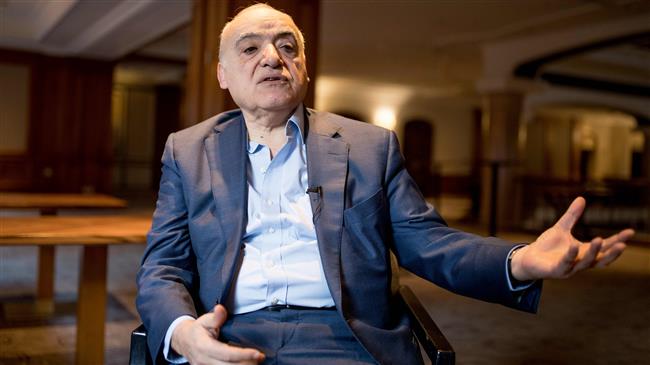


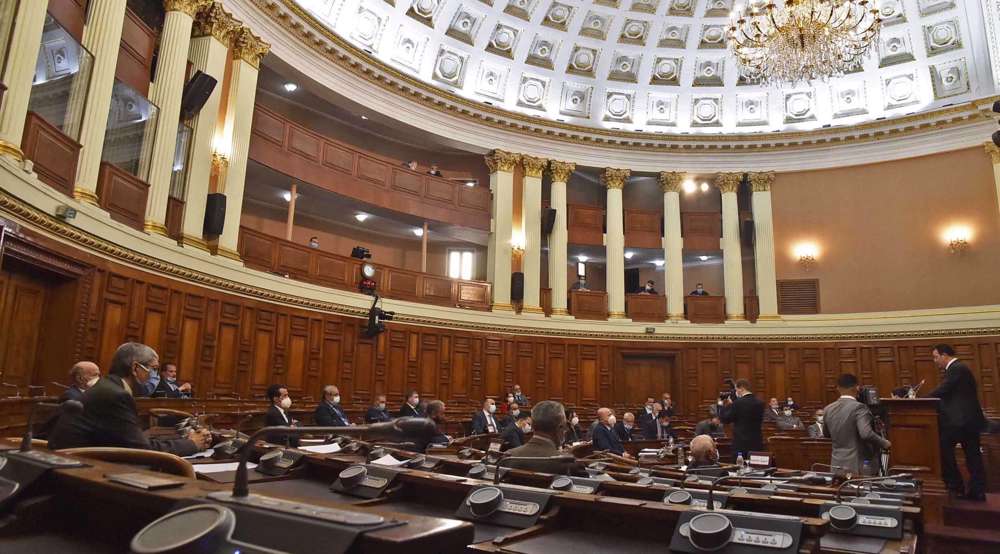
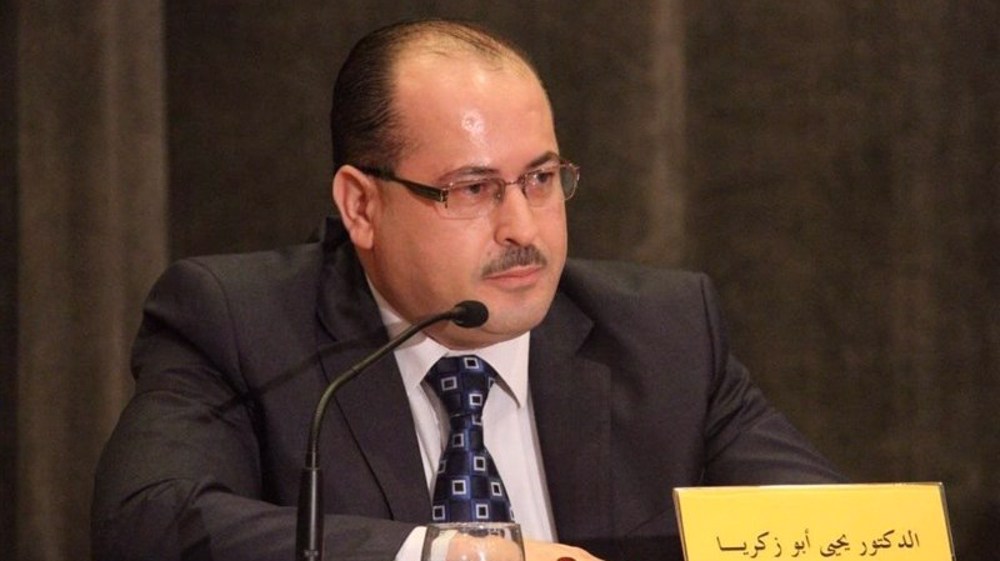
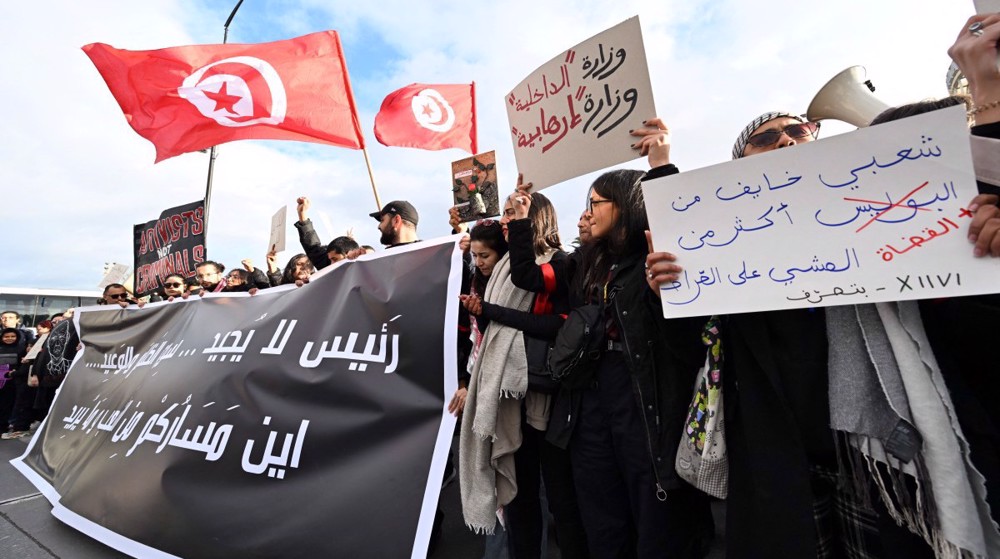



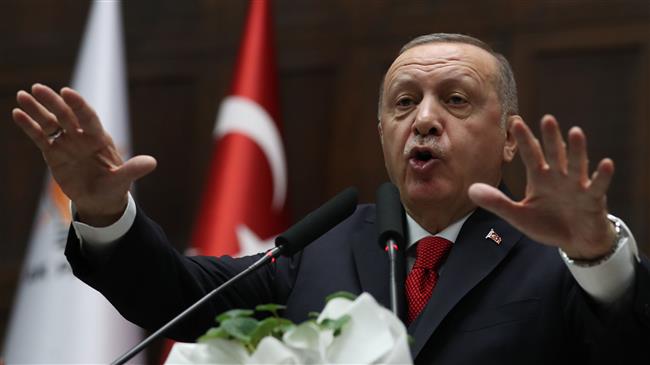
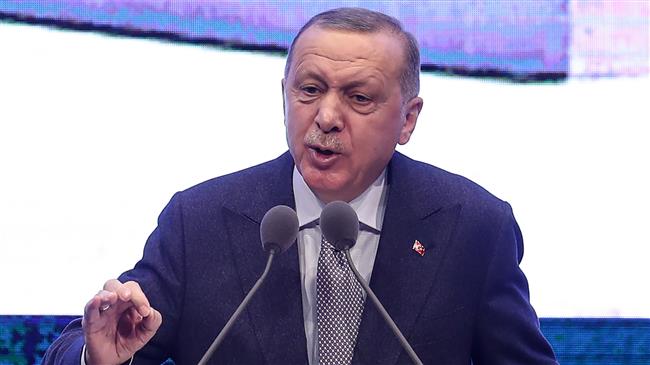
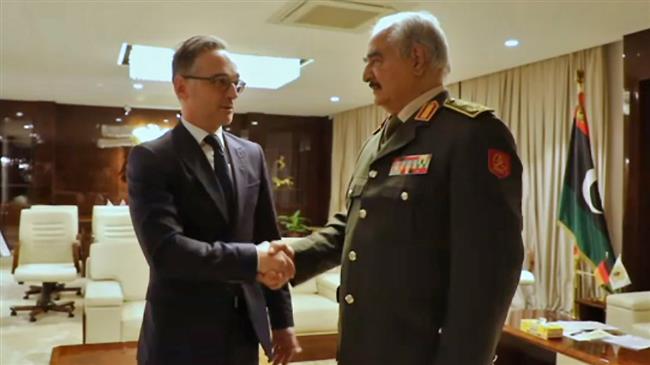
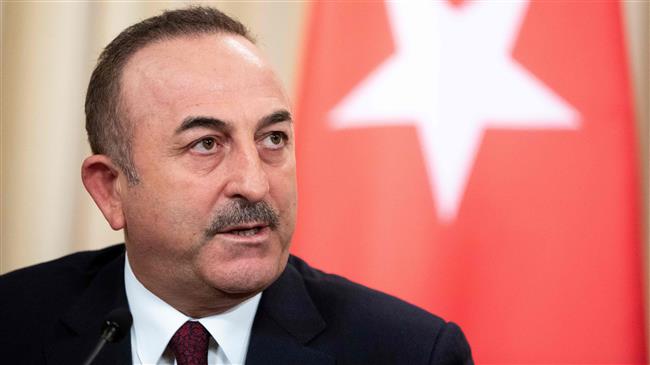

 This makes it easy to access the Press TV website
This makes it easy to access the Press TV website